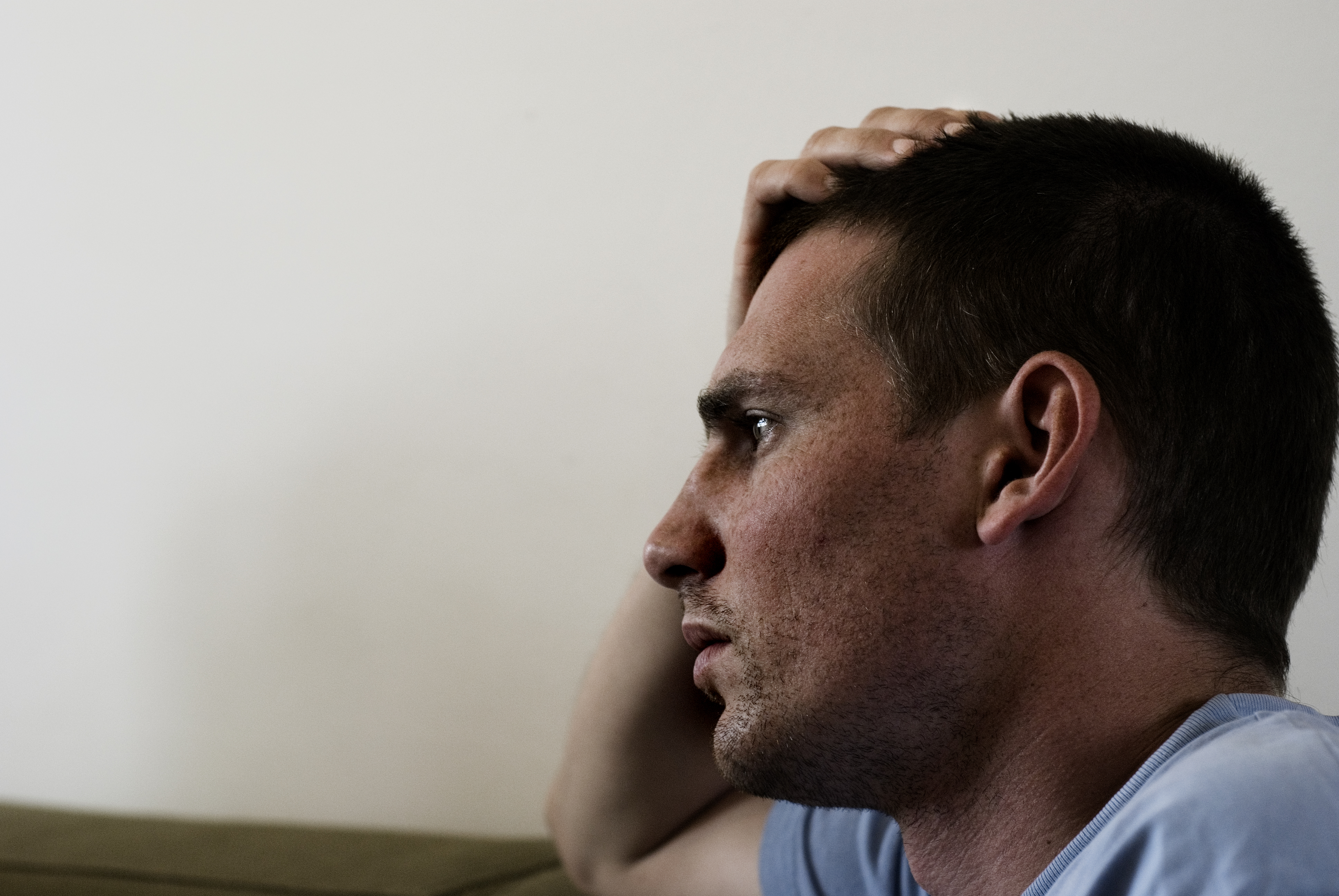
Editor's note: This piece was written by Dr. Margaret Paul, a therapist with more than 40 years of experience. It's not a diagnostic tool but is hopefully a resource. Please consult a trusted health care provider before making any decisions about your treatment plan.
I recently spoke at "The Real Truth About Health" conference in Orlando, Florida. In one of the talks, I spoke on a panel with Dr. Irving Kirsch, author of the best-selling book, The Emperor's New Drugs.
According to research that Dr. Kirsch explores in this book, a lot of what we know about depression is wrong. Not only did Big Pharma invent the idea of a brain imbalance that causes depression and is fixed with a drug, but antidepressants only have a placebo effect. Also, says Dr. Kirsch, the relapse rate for people on meds is much higher than for people who undergo psychotherapy.
It's a fascinating book and one that resonated with me because, in my decades as a relationship counselor, I've seen people heal from depression naturally, without drugs.
If it's not a brain imbalance that causes depression, then what is it?
In my many years of experience in working with depressed individuals, and according to literature (see Gut and Psychology Syndrome by Dr. Natasha Campbell-McBride and Brain Maker by Dr. David Perlmutter), there are three major causes of depression.
1. Painful life situations
When life is very painful, of course we will be depressed. Situational depression is normal. Life events can cause great heartbreak, grief and feelings of helplessness. These feelings need to be felt with much compassion, and then released out of the body, rather than being numbed with meds.
Rather than suppressing extremely painful feelings, you need to learn to lovingly manage and release the feelings from life situations such as the following:
- Loss of a loved one
- Loss of a job
- Natural disasters such as earthquakes, tornadoes, floods, or fire
- Marital and parental challenges
- Child abuse
- Violent situations such as rape, beatings, or theft
- War
You need to grieve and compassionately embrace your feelings of heartbreak, grief, and helplessness rather than suppress your feelings with drugs. Suppressing the feelings can cause them to get stuck in your body, and I believe that stuck feelings can cause illness.
If there is PTSD (Post-Traumatic Stress Disorder), you may need some form of trauma therapy, such as EFT (Emotional Freedom Technique), TRE (Trauma Release Exercises), SE (Somatic Experiencing), or EMDR (Eye Movement Desensitization and Reprocessing), in order to release and reset the “stuck” traumatic energy.
2. Physical causes from the gut
There is some literature (see Gut and Psychology Syndrome by Dr. Natasha Campbell-McBride and Brain Maker by Dr. David Perlmutter) indicating that certain imbalances in gut flora (leaky gut, for example) are linked to depression.
A gut imbalance and the resulting gut permeability could be caused by sugar, wheat, gluten, and processed chemical-laden foods, or by a lack of macro- and micronutrients from clean organic foods. Other factors include stress, lack of exercise, lack of sleep, and lack of sunshine.
3. Self-abandonment
Medication covers over the feelings that let you know you are abandoning yourself — emotionally, physically, financially, organizationally, spiritually, or relationally.
There are many ways you might have learned to abandon yourself, such as:
- Ignoring your feelings, rather than being present in your body
- Judging and shaming yourself
- Turning to various addictions as a way of numbing yourself out and avoiding responsibility for learning from and lovingly managing your feelings
- Making others responsible for your feelings of worth and safety
- Eating badly
- Lack of exercise
- Lack of sleep
- Procrastination
- Overspending
- Under-spending (even when money is available)
- Being consistently late, disorganized, cluttered
- Lack of a spiritual practice
- Giving yourself up to others
- Not speaking up for yourself
- Using anger, blame, judgment, and/or violence to try to control others
This is certainly not a complete list. Anything we do that results in feeling depressed — as well as feeling anxious or shamed — may be a form of s
elf-abandonment.
Healing Depression
I've worked with thousands of people who have healed their clinical depression by learning to love themselves rather than continuing to abandon themselves. People heal their depression when they:
- Get the psychotherapy and trauma therapy they need.
- Learn to take loving responsibility for their feelings.
- Learn to connect with a spiritual source of love and comfort to help them manage the pain of life.
- Eat cleanly, exercise, and get enough sleep.
- Learn to lovingly manage stress.
- Learn to take loving care of themselves in their relationships.
There is no quick fix for depression, but there is a way to heal!

No comments:
Post a Comment